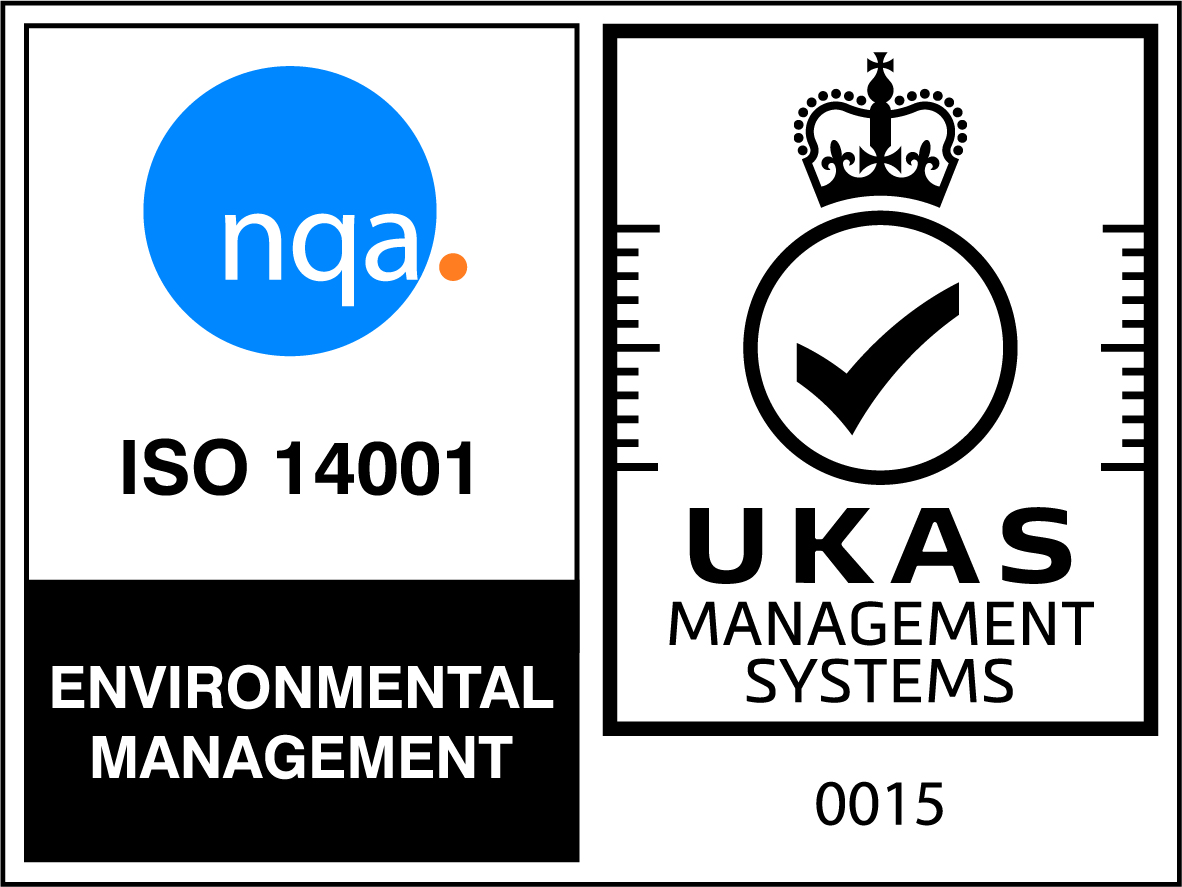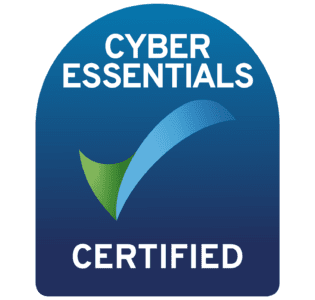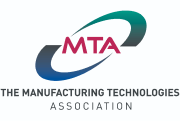For over 120 years at Daltons Wadkin, quality and service have been the foundations of everything we’ve done. But with our recent ISO14001 accreditation, we’ve added environmental sustainability to our company mantra.
What is ISO 14001?
The ISO 14001 is an internationally agreed standard that certifies a company has a systemic approach to preventing pollution and that they have multiple processes in place to help decrease environmental risks.
It’s a management system that ultimately gives companies a framework to constantly evaluate, implement and test themselves against environmental goals.
Daltons Wadkin has had ISO9001 accreditation for over 25 years, but our Director, Alex Dalton, explained that when he took over the running of the company, “ISO 9001 was just the tip of the iceberg in terms of opportunity when it comes to UKAS accredited certification.”
He said: “Over the last couple of years, I have been interested in getting the company more environmentally conscious within our business, I had a good idea where the environmental issues perhaps were and what we could be tightening up on and doing better. However, when I looked into it I found the entire legal compliance side of environmental activism extremely interesting and somewhat shocking.
“I’d never realised just how many environmental factors and legislations that small and medium-sized companies (SMEs) ought to be adhering to.”
Once he realised there were so many additional accreditations that could help improve the business’ impact on the environment (including the 14001) he decided it was time for a change. He added: “I made the decision to invest time and money into the cause to make it happen and so far it’s been fantastic.”
Why it’s important?
We live in a time of climate crisis, and it’s extremely important for businesses to have a firm stance on their approach to the environment.
Becoming an ethical leader also positions businesses as great partners for potential clients – it’s a known fact that more and more people are only willing to work with companies that share their environmental ethos.
Being ISO certified gives assurance to company management, employees and external stakeholders that environmental impact is being closely monitored and constantly improved.
Alex explained just why he found it so important for Daltons Wadkin to become accredited: “This is a significant milestone for our company, reflecting our ambition to promote ethical leadership in the industry. The environmental benefits of using wood in manufacturing are well known. As suppliers of industrial woodworking machinery, I see it as our responsibility to support the supply chain with equipment and services delivered in an equally sustainable way”.
How Daltons Wadkin achieved the accreditation and how your business can, too?
The entire process took Daltons Wadkin roughly three months – from the first stage of an auditor coming in to look at what we currently had in place and highlighting missing pieces, to the final stage where changes had been implemented and a decision was made as to whether the business passed.
One of the areas we had to change as part of the ISO14001 was to create an environmental legislation register. In short, this required us to go through every piece of law that was applicable to our company regarding the environment and make sure that we were adhering to it.
As distributors of woodworking machinery, there were several different laws that we were already aware of, but a handful that were enlightening to us.
Waste management
Looking into the ISO meant we became aware that far more needed to be done with our waste segregation.
We have workshops where we are servicing machinery, so we have types of waste that have to be managed separately and away from general waste, including things like oily rags, aerosol cans, paint, and spray booth filters.
In dealing with second-hand old machinery, there could be many things including led paint or asbestos, which needed to be dealt with in a specific way. To improve on this, we set up waste management contracts with companies that deal with different aspects of waste.
Hazardous chemicals
We also introduced spill kits and drain covers, even though we don’t deal with many hazardous chemicals. With regular deliveries to our site, it is not inconceivable that a vehicle may have an oil, fuel or hydraulic leak that needs swift action to prevent contaminants entering the waterways, even if it’s something you wouldn’t consider to be especially dangerous, like diesel.
Although we hope it’s something we’ll never need our staff to use, Daltons Wadkin now has proper training procedures in place so we’re ready to go.
Vehicle impact
Another area for improvement that we discovered was the impact our vehicles have on the environment. They do thousands of miles every year, so we’ve now begun investigating alternatives including hybrid and EV models. We’re also giving our drivers training so they can drive in more economically conscious ways and look at better route planning.
Alex Dalton noted that “employee awareness and training were key to all of the changes that we made.”
He added: “You can have all the systems in the world set up, but unless the workforce is on board and enthusiastic about it then the whole thing isn’t going to work.
“Here, at Daltons Wadkin, our staff are all on board and are just as invested in this as I am. We hold regular environmental awareness training meetings where we take a select few staff members and have an around-the-table discussion about the environmental management system that we have in place, constantly reviewing how effective it is, how we can make it better, and what more we can do. It’s a two-way conversation.”
What we learnt from becoming ISO certified
Although Daltons Wadkin had done our research about what would be required to become ISO 14001 certified, we were surprised how much there was to think about in terms of environmental specifics.
We started off with a lot of non-conformities, but by the final stage of accreditation, we had zero non-conformities and zero additional recommendations.
We were surprised by how many of the areas we had to address that actually affect almost all companies whether they’re small or large. It’s not just about whether you’re a chemical or waste management company.
The issue is that many large companies have a good handle on these issues, but there are thousands of small to medium size businesses, much like Daltons Wadkin, that are unaware of the requirements and changes that ought to be made.
Alex Dalton commented: “Becoming ISO 14001 accredited is achievable for any company no doubt, but it does require effort, organisation, and most importantly, it requires the enthusiasm and input from the entire workforce. It’s not just a management thing, everyone has to be on board to make it work.”
What comes next
We’ve been operating with ISO 9001 quality management system for over 25 years and now our ISO 14001 environmental standard is in place, helping us strive towards having an even better environmental impact.
Looking forward, our ambition is to achieve PAS 2060 carbon neutrality by 2025 and further contribute to the long-term stability of life on Earth.
While all of this helps with the ISO side of things, it also betters general company management, gets our staff involved in how the company is run and, most importantly, has a healthier impact on the wider world.










